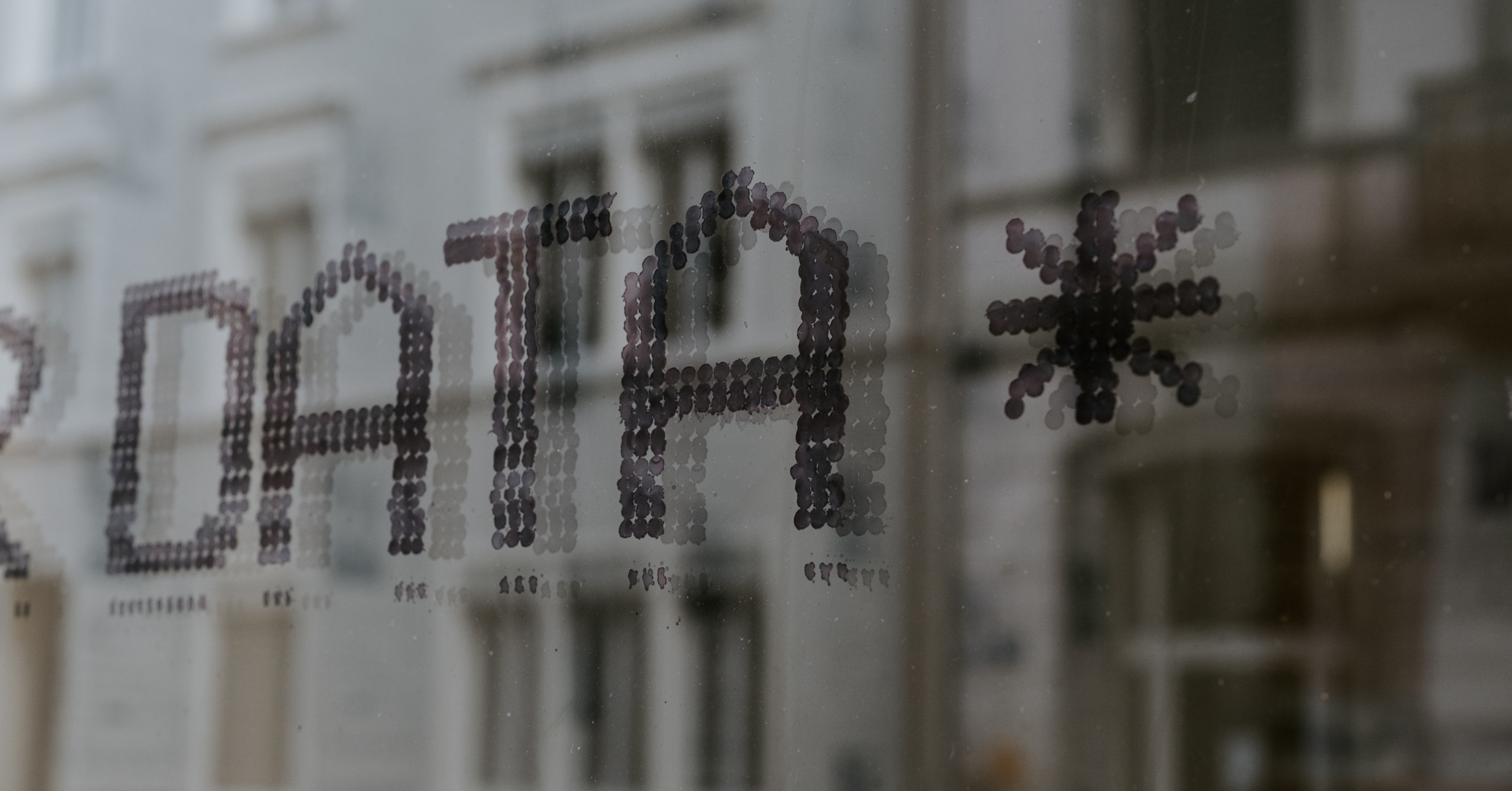Reminder: UKRI’s new data availability policy
19/07/2022

From 1 April 2022, anyone receiving UKRI funding is required to include a Data Access Statement to in-scope research articles , even where there are no data associated with the article or the data are inaccessible (see UKRI Open Access Policy).
This requirement, which is included in the the commitments set out in the Concordat on Open Research Data, informs readers where the underlying research materials associated with a paper are available, and how the research materials can be accessed. The statement can also include links to the dataset, where applicable and appropriate.
The data availability statement should be placed at the end of the ‘Materials and methods’ section. For papers that don’t have a ‘Material and methods’ section, the statement should be provided as a separate section before the Acknowledgements.
Ideally, data should be deposited prior to submission so that during submission you can provide an accurate data availability statement, and the data repository persistent identifier, if applicable. In CORD, Cranfield’s repository for research data, it’s possible to reserve a DOI to include in the proof you submit to your publisher. Where datasets have a persistent identifier, or DOI, this should be cited in both the text and the reference section.
The UKRI encourages that all publicly funded research data should be made openly available with as few restrictions as possible. Where there are reasons to protect access to the data, for example commercial confidentiality or sensitivities around data derived from potentially identifiable human participants, these should be included in the statement.
Research data, as defined in the Concordat on Open Research Data, can include code, software, numerical scores, textual records, images, sounds, objects and manuscripts. The minimum dataset is that needed for independent verification of research results.
The UKRI’s councils’ policies and guidance on research data are available at making your research data open.
Examples of data availability statements are available in our guidance: ‘How should I write a data availability statement?‘ We have recently been monitoring compliance of UKRI-funded publications and intend to soon extend this to all Cranfield publications, as set out in Cranfield University Open Access Policy.
Photo by Claudio Schwarz on Unsplash.
Categories & Tags:
Leave a comment on this post:
You might also like…
Keren Tuv: My Cranfield experience studying Renewable Energy
Hello, my name is Keren, I am from London, UK, and I am studying Renewable Energy MSc. My journey to discovering Cranfield University began when I first decided to return to academia to pursue ...
3D Metal Manufacturing in space: A look into the future
David Rico Sierra, Research Fellow in Additive Manufacturing, was recently involved in an exciting project to manufacture parts using 3D printers in space. Here he reflects on his time working with Airbus in Toulouse… ...
A Legacy of Courage: From India to Britain, Three Generations Find Their Home
My story begins with my grandfather, who plucked up the courage to travel aboard at the age of 22 and start a new life in the UK. I don’t think he would have thought that ...
Cranfield to JLR: mastering mechatronics for a dream career
My name is Jerin Tom, and in 2023 I graduated from Cranfield with an MSc in Automotive Mechatronics. Originally from India, I've always been fascinated by the world of automobiles. Why Cranfield and the ...
Bringing the vision of advanced air mobility closer to reality
Experts at Cranfield University led by Professor Antonios Tsourdos, Head of the Autonomous and Cyber-Physical Systems Centre, are part of the Air Mobility Ecosystem Consortium (AMEC), which aims to demonstrate the commercial and operational ...
Using grey literature in your research: A short guide
As you research and write your thesis, you might come across, or be looking for, ‘grey literature’. This is quite simply material that is either unpublished, or published but not in a commercial form. Types ...






